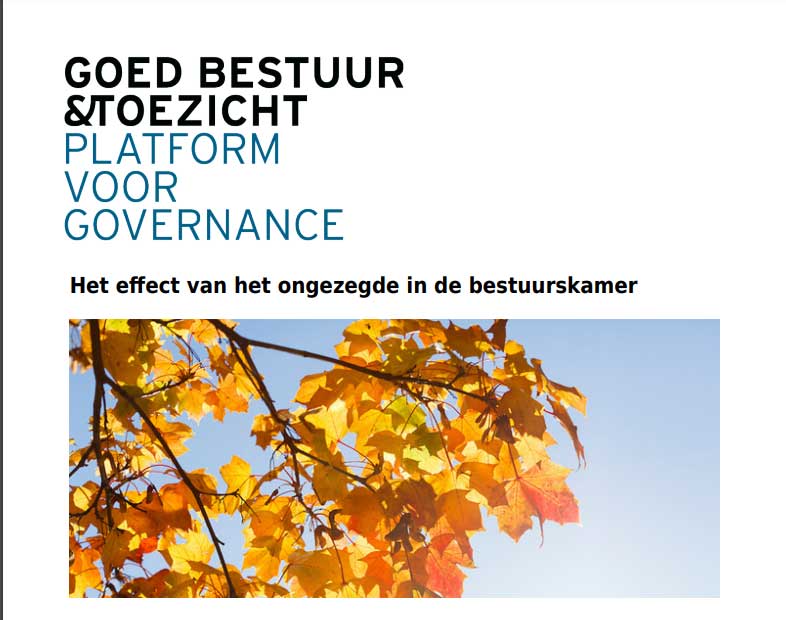Leiders van grote bedrijven spiegelen zich graag aan topsporters. Ze herkennen deugden als moed en wilskracht. De Olympische Spelen brengen een andere deugd aan de oppervlakte: jezelf kwetsbaar opstellen. Wordt het de nieuwe trend?
De Amerikaanse turngrootheid Simone Biles won vier gouden medailles op de Olympische Spelen van Rio de Janeiro. De torenhoge favoriete voor veel nieuw Olympisch Goud in Tokyo leek een vervolg aan dat succes te gaan geven, maar trok zich terug op de meeste onderdelen waar ze voor stond ingeschreven. Haar verklaring dat het om psychische redenen gebeurde, baarde nog meer opzien dan wanneer ze vier nieuwe gouden medailles aan haar prijzenkast had toegevoegd.
Ze doorbrak een groot taboe door openlijk toe te geven niet tegen de immense druk bestand te zijn. Ze wilde haar geestelijke gezondheid beschermen, zei ze, en deed dat ook nog eens in filosofisch getinte bewoordingen. ‘We moeten ons ook op onszelf concentreren, want uiteindelijk zijn we ook mensen. Dus moeten we onze geest en ons lichaam beschermen, in plaats van gewoon naar buiten te gaan en te doen wat de wereld wil dat we doen.’
Bang om met de media te praten
De Japanse tennis-superster Naomi Osaka durfde eind mei soortgelijke redenen op te geven toen ze besloot zich terug te trekken van Roland Garros. Een paar weken later sierde haar beeltenis de cover van het gerenommeerde tijdschrift Time. Ze schreef in een essay voor het blad dat ze bang was om met de media te praten. Ze wilde de persconferenties overslaan om voor zichzelf te zorgen en haar geestelijke gezondheid te behouden, want ‘atleten zijn net mensen.’ En: ‘Het is oké om niet oké te zijn, en het is oké om erover te praten’, schreef ze.

